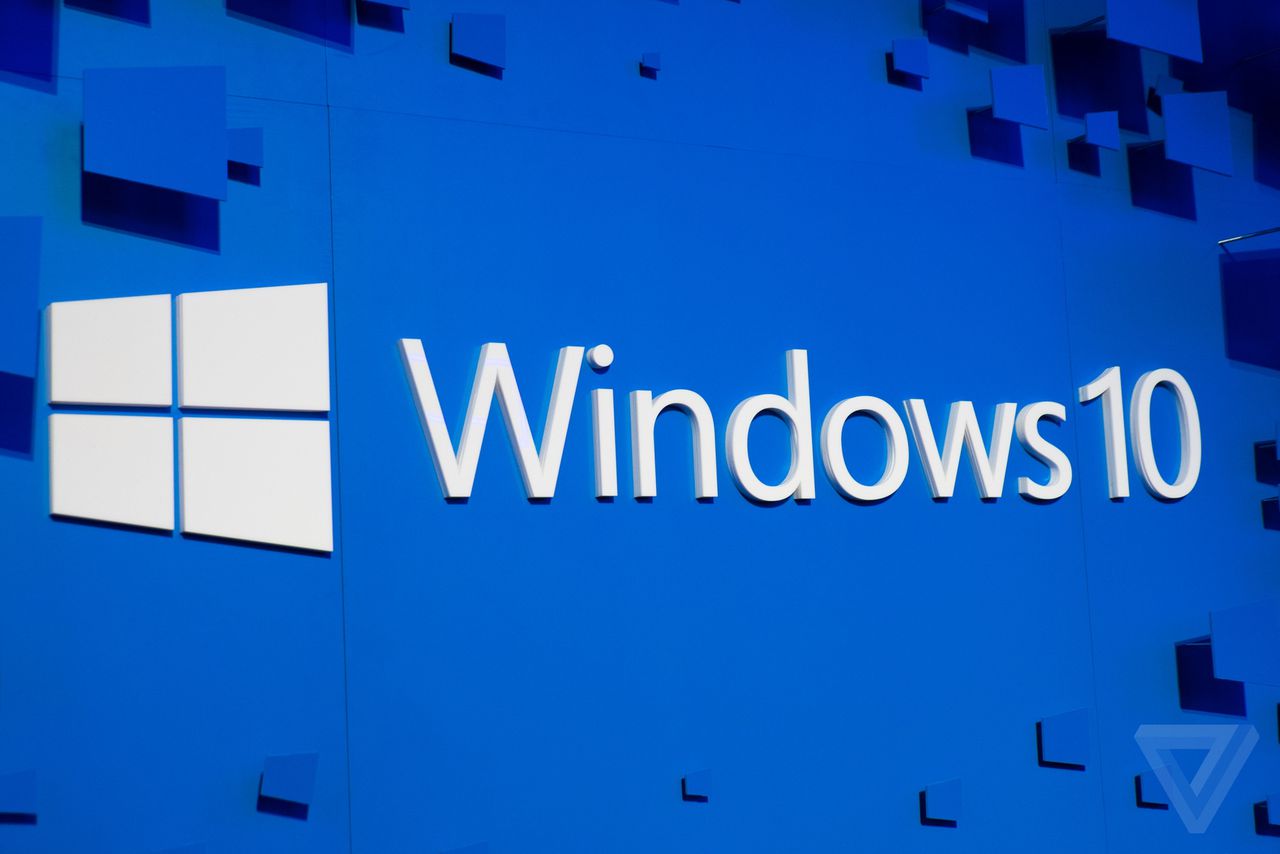microsoft has finished rolling out Skype's much-anticipated real time voice translation service to all of its Windows users, according to a post on the Skype blog.
Skype -- founded in Estonia in 2003 -- can understand Mandarin, English, French, German, Italian, Portuguese, and Spanish, and translate one to another as you video call your Skype contacts.
"We launched Skype Translator preview just over a year ago in partnership with Microsoft Translator," the blog post reads. "Skype Translator has come a long way since then."
Skype said French to English is the most popular language pair, while the top international "calling corridor" is Germany to Ghana.
Skype also offers a text translation service that works in over 50 instant message languages.
The translation service has so far only been rolled out to Windows users but Microsoft is planning to roll it out to other platforms in the future. Additional languages are also expected to be integrated soon.
Skype -- founded in Estonia in 2003 -- can understand Mandarin, English, French, German, Italian, Portuguese, and Spanish, and translate one to another as you video call your Skype contacts.
"We launched Skype Translator preview just over a year ago in partnership with Microsoft Translator," the blog post reads. "Skype Translator has come a long way since then."
Skype said French to English is the most popular language pair, while the top international "calling corridor" is Germany to Ghana.
Skype also offers a text translation service that works in over 50 instant message languages.
The translation service has so far only been rolled out to Windows users but Microsoft is planning to roll it out to other platforms in the future. Additional languages are also expected to be integrated soon.
To start using Skype Translator, Skype for Windows customers must click on the globe in the upper right hand corner of the app. Skype users must first ensure they have the most up to date version of Skype.
Microsoft has also made it possible to integrate Skype with enterprise chat tool Slack.
The Slack integration has been introduced so teams on Slack can easily make a Skype voice or video call to each other. Set up requires the user to visit the Skype integration for Slack product page, and click on the "Add to Slack" button.
Earlier this week Microsoft introduced group video calling for iOS, Android, and Windows phones in a bid to help it compete with Google Hangouts.
According to Microsoft, Skype has around 300 million users who make over two billion minutes of calls per day, as of 2014. Data suggests that Skype is even responsible for a drop in international calls.

